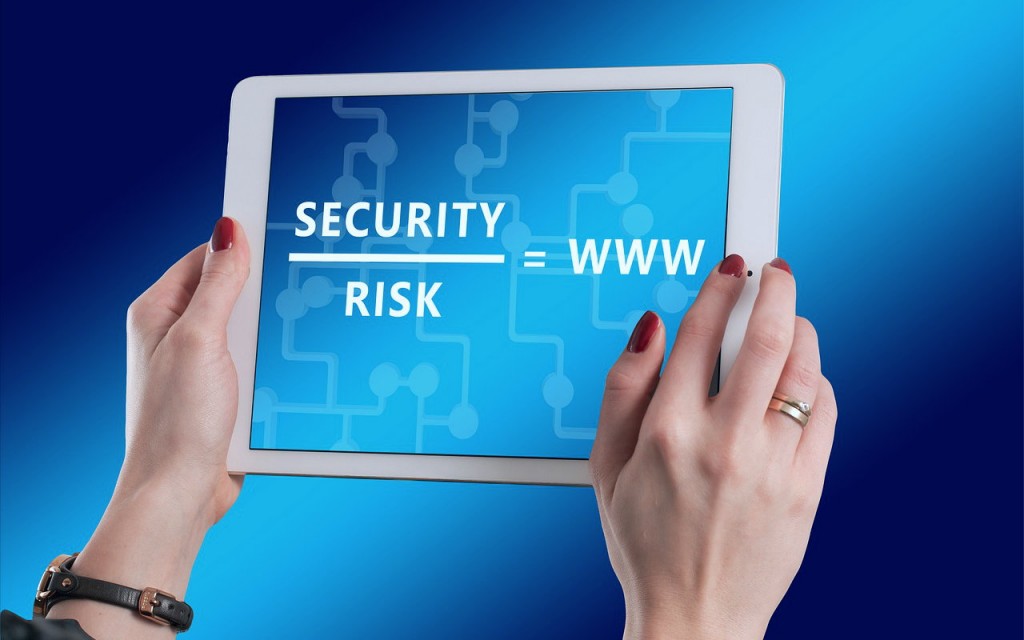Climate change is a severe crisis today, leading to a growing number of natural disasters like severe drought, tornadoes, and floods. These natural disasters have a catastrophic effect on human lives, properties and businesses, and the business data. From a business perspective, any disaster human-made or natural can be disastrous. It leads to loss and interrupts the flow of business and could halt business operations. The recent floods have resulted in an estimated loss of $60 million to the companies. Business organizations need to have a disaster recovery plan to secure their data.
Tips to Secure Data from Natural Disasters
Here is how to protect your data from a hurricane, flood, or natural disaster.
1. Taking a backup: offline or online
It’s a misconception that taking backup means copying the data to another device. But they don’t realize is that these devices are always prone to damage by earthquakes or floods. Therefore, they should ensure data availability by backing up data online. It must be a part of your data recovery plan. The advantage of an online backup is that the restoration of the data ensures a continuation of business processes within no time. A cloud backup solution can be considered as the best.
2. Have a disaster recovery plan
Write a set of procedures that will be implemented during a disaster and will help them to salvage their data from loss. The protective measures should include ways to identify and reduce risks by keeping data backed up offsite by conducting routine inspections. The unwanted events are detected by using up-to-date antivirus software and installing server and network monitoring software.
3. Offsite storage
Offsite storage can another reasonable step for a data recovery plan. It involves storing the data located in disaster-free areas having multiple backup servers. The natural calamity striking a city will not produce any harm to the offsite storage. It also carries an automatic data backup on the scheduled time that will save you from making manual backups (time-consuming and costly).
4. Be vigilant about the sensitive data
Be it a small scale business or a large scale business, and it is always useful to know what data is confidential and is prone to damage or how much personal data is on-site. The more sensitive data should be prepared for an efficient backup or replacing data stores. It is important to know because, in times of calamity, you will be able to identify your loss and will be prepared to move toward the next steps hassle-free and without panic.
5. Encrypt sensitive data
Make a full backup with encryption of the data because this will effectively minimize exposure and security breaches can be prevented. If a natural calamity strikes and if by chance, the data damage is less, then the authorized user can only access the data, and there will be no chance of data loss.
6. Dispose-off the least required or useless data
Prepare yourselves for a potential disaster by disposing of the unnecessary data safely, such that it does not get into the wrong hands. Erase the data or information that is no longer needed because when there will be less data on-site, it will be less to lose. But users should erase useless data beyond recovery by following industry standards and guidelines. Best practitioners believe it as the best part of the data recovery plan.
7. The last alternative
Data loss may be very severe, and damage caused by the hard drives might seem irreparable. In that case, contact data recovery service that will salvage your lost data from servers, RAID systems, and even from a dead hard drive.
Tips to Choose A Data Recovery Service
1.Qualified Engineers
It is recommended that it should go only with a professional data recovery service that works with only qualified engineers.
2. Right Environment
All data recovery experiments should be done in the recommended environment only.
3. Data Recovery Software
Along with this special lab, a professional data recovery service provider will be equipped with qualified engineers, who knows inside-out of a hard drive, and best data recovery software. Reaching to an unqualified data recovery service provider may further damage your data device, and it can lead to permanent data loss beyond recovery. So always choose a data recovery service wisely because your data is very important.
